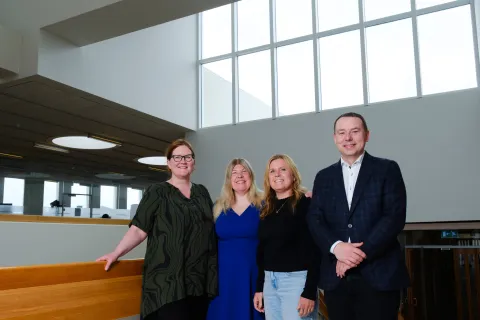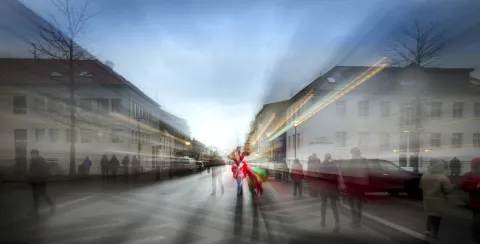
“We live in a time when research and science face increasing challenges, particularly in the social sciences. That is why it is more important than ever to continue participating in international surveys, so that researchers in Iceland and abroad can analyse and understand Icelandic society,” says Sigrún Ólafsdóttir, Professor of Sociology at the University of Iceland.
She is referring to Iceland’s involvement in international surveys that explore public attitudes, values, life trajectories, political views, media, and democracy. Earlier this year, Sigrún and her collaborators were awarded nearly ISK 50 million to continue Iceland’s participation in these surveys and to build a robust data infrastructure offering long-term insights into the lived experiences of Icelanders in an international comparative framework.
According to Sigrún, the grant was awarded by the Infrastructure Fund administered by Rannís, and the project was selected for inclusion in the national Roadmap for Research Infrastructure—a designation common across many European countries. Projects on the roadmap are expected to meet high standards for supporting research quality and are encouraged to promote collaboration and shared use of infrastructure. While the initial grant is for ISK 50 million, it includes a commitment for continued funding over the next four years.
The Social Foundations: Research Infrastructure for a Stronger Society project is one of twelve selected for the roadmap this year.
“Social Foundations is a collaborative initiative between researchers and institutions to strengthen core infrastructure in social sciences. One of our key pillars is data; specifically, data that captures attitudes, behaviours, values, and lived experiences. While such data is vital for understanding Icelandic society, it becomes even more valuable when placed in a global context, especially when it spans long periods,” explains Sigrún.


